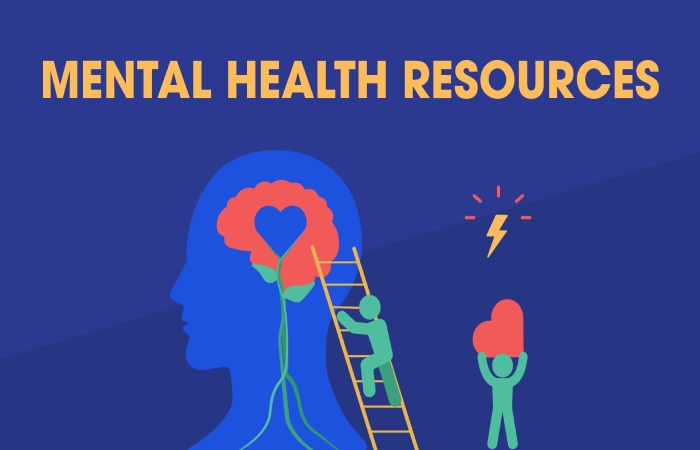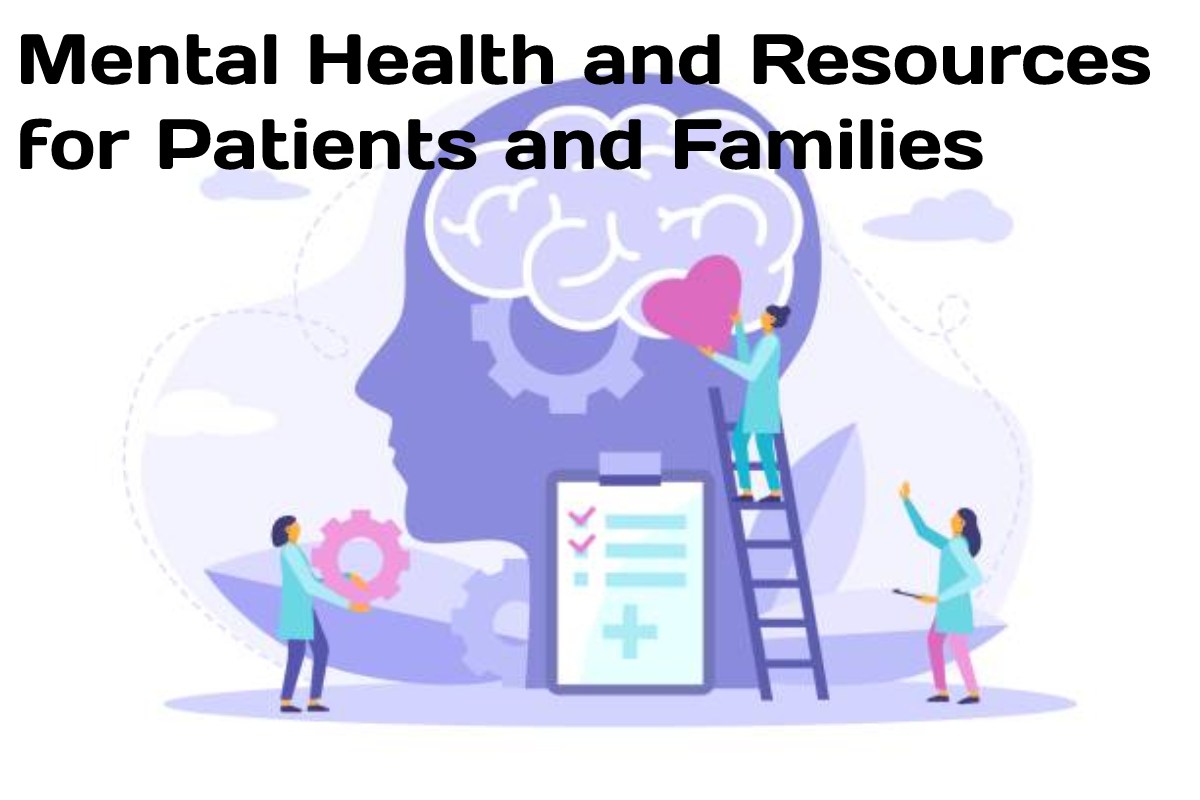Table of Contents
Introduction
A multidisciplinary team carries out patient care in the Mental Health Services. Among other professionals, Medical Specialists in Psychiatry, Psychologists Specialists in Clinical Psychology, Nurses, Social Workers, and Occupational Therapists differentiate care for children, adolescents, and adults over 18. Throughout their clinical evolution, some patients may require psychiatric hospitalisation or continue treatment in a Day Hospital or specialised facilities adapted to their needs. (See resource guide )
Mental health. resource network
In this section, you can consult the information about the network of public resources for its care and health and social support. As well as about the mutual support network of users and family members in Andalusia.
The Mental Health Units are a network of health centres distributed throughout Andalusia. We offer specialised and comprehensive care to people suffering from its problems in our community.
This network is completed up of the resulting types of devices:
- Community Mental Health Units: It constitutes the first specialised care level. The outpatient care device coordinates with the rest care assistance devices.
- Child and adolescent mental health units: Develop specialised programs for mental health care for the child and adolescent population on an outpatient basis and during total or partial hospitalisation.
- Mental health rehabilitation units: Its purpose is the recovery of social skills and the social and labour reintegration of patients with severe disorders on an outpatient basis.
- Mental health day hospitals: Partial hospitalisation device, configured as an intermediate resource between the community mental health unit and the mental health hospitalisation unit.
- Mental health hospitalisation units: Addresses the need for hospitalisation in mental health in acute crises.
- Therapeutic mental health communities: Its purpose is the intensive treatment of patients with severe mental disorders requiring specialised care. In a regimen of complete or partial hospitalisation for a long time.
They consist of professionals from different disciplines: Psychiatry, Clinical Psychology, Nursing, Social Work, Occupational Therapy, and Administrative Management.

Keep the family
After the crisis, there are sequels, and my mother is no longer, as such says, a participant. Family members now have the challenge of keeping the sick relative who she is and who recovers. Family members preserve the family member after a crisis by accepting the transformation. Learning to live with it and maintaining family and social relationships.
The transformation of the family after the crisis is inevitable. For the family, it implies recognizing and accepting that their relative is no longer the same and that his transformation is not voluntary but due to the disease. Acceptance allows family members to reestablish their relationship with their relatives and coexistence. It implies an emotional effort that requires time for emotions such as disbelief, denial, guilt, anger, and frustration to give way to positive emotions and attitudes that allow them to live with their family member. Now recovered from the crisis.
Strategic Plan
The Strategic of the Community of Madrid. Initially designed for the 2010-2014 period, it aims to respond to the needs of patients, their families, and carers.
Assumes the community model of its care implemented in the Community of Madrid and continues its development. In search of excellence and efficient management. To advance in the humanisation of care and the rejection of discrimination against people with mental disorders.
Mental Health Units
Reports of its Units of the Specialized Care Management. Annual reports that collect the main aspects of the management of the Mental Health Units of the different Specialized Care Managements of the Community of Madrid from 2010 to 2014.
Support for the associative movement
The Ministry of Health, through its Coordination Regional Office of the General Directorate for Health Care Coordination. In coordination with the General Directorate for Citizen Services and Humanization of Health Care. Promotes and facilitates the participation of patients and their families in relationship structures. Fight against stigma and discrimination associated with mental illness and promote safeguarding the rights of people affected by mental illness. Supports the associative movement made up of Associations of people with mental illness—their relatives in the Community of Madrid and the Foundations involved in caring for people with mental disorders.
Conclusion
This study shows the strategies of the relatives of people with mental problems to keep their relatives in the family’s daily life. Recovering it from crises without damage and preserving it despite the aftermath is their priority.

